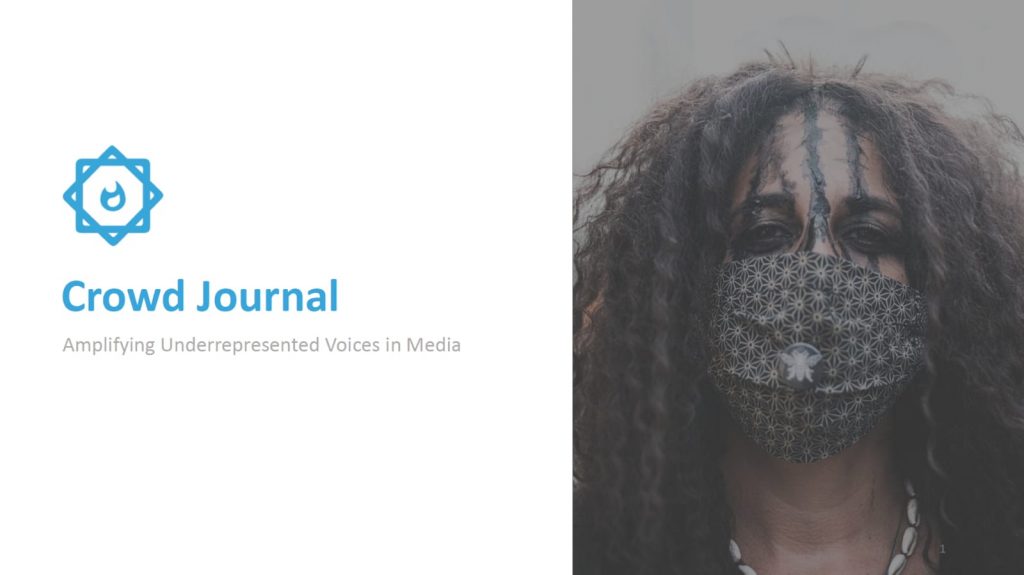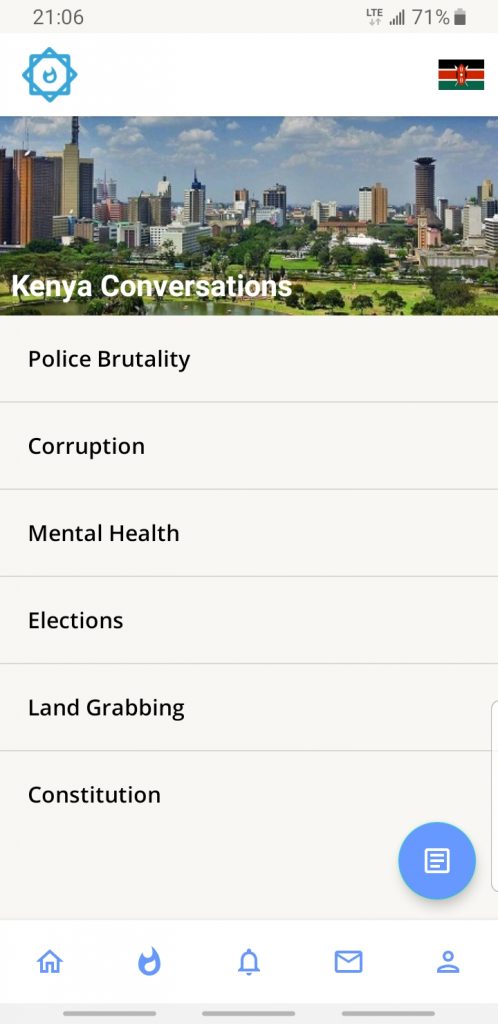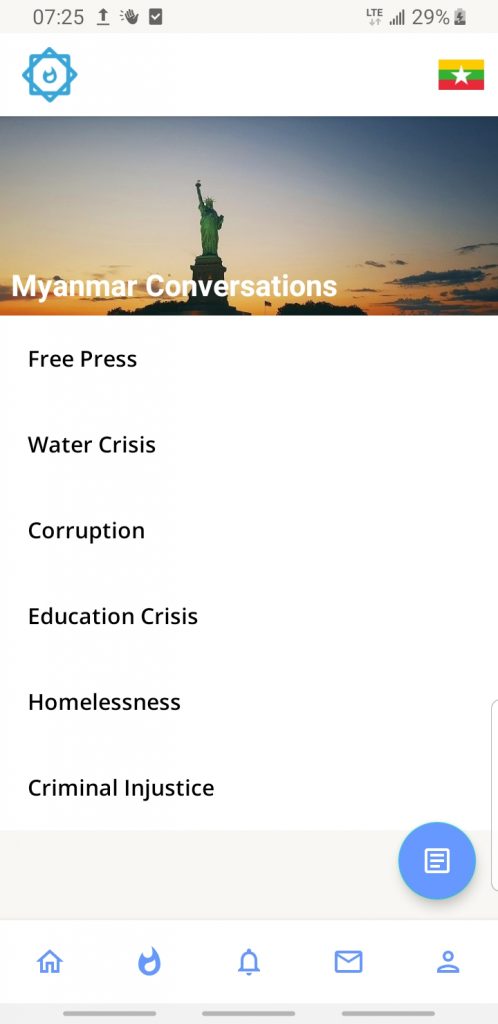4 weeks ago, Kenyan digital platform, Crowd Journal was named second runner-up at the Seedstars Digital Democracy Challenge. It was a global hackathon organized by Seedstars with the aim of developing innovative solutions that will strengthen and enhance digital democracy for citizens living under strict cyber restrictions and control.
The 72-hour collaborative digital process included sessions and mentors that helped the startups refine and improve their ideas. The highlight of the program was a demo day, where the participants pitched to a jury and winners were announced.
Crowd Journal helps amplify under-represented voices in mainstream media by facilitating participatory (crowd) journalism. Eyewitnesses from all over the globe can publish their experiences on the platform thereby giving voice to stories that would otherwise be shunned by mainstream media.
I had a conversation with the founder, Allan Koth on his motivation, achievements and challenges. Here are some exciting excerpts:
D: Unlike other popular fields of tech like Fintech, Civic tech is a quite difficult terrain with less funding and greater chances of facing off with powers that be. What was your motivation for starting?
Well, it is quite personal. It grew off a personal idea. In 2020, I was working on a project called Town Square. It’s basically a platform for civil discourse. It was inspired by Joe Rogan.
I wanted to create a platform whereby people can just engage each other civically and without arguments, because the more we engage each other- rather than fight, the more we achieve great stuff. The traction wasn’t that good at first. Luckily, we were featured among the top 11 African startups by DW (Deutsche Welle).


We tried to promote the idea of people connecting with each other through the lens of values. That was the value proposition. The feedback we got from the judges at the hackathon made us pivot and we came up with the idea of Crowd Journal.
Now, our focus is on amplifying underrepresented voices in media. What you find like most of the time is that media institutions are owned by conglomerates, basically rich people.
They only feature stories that aligned with their narrative or agenda. So, minority communities that are not represented in media ownership are not featured on the news. It is also a question of trust. Because minority communities have been underrepresented for a long time, they end up not trusting the big media platforms.
Our solution is a crowdsourcing platform where witnesses from any region, just go there and publish their stories. The public and journalists can look at the posts and be aware of what is going on.


D: At this point, I was wondering how you will be able to curb false news or misleading reports?
We use three mechanisms. When someone posts on the platform, they also add the geolocation, like the longitude and the location. They also select the topic.
We use NLP (Natural Language Processing) to aggregate all the posts from that region and categorize them. The ones that are different will be categorized as such. So, a human can go and identify which one is fake and flag the publisher.
D: What if the majority of the reports are actually false and the reality is the minority?
Then, they are going to be flagged as false.
D: Won’t putting geolocation details compromise the safety of reporters who want to be anonymous?
We have an anonymous feature, whereby you can choose whether you want this post to be attached to your social profile or not. When it comes to geo-information, that is tricky. We only have the anonymous feature for now.


For geolocation, an event can happen somewhere where you don’t live. So, there is a likelihood that you will not tag the location of where you live.
D: Do you have any structure to protect information givers from external agencies like police?
We don’t have that at the moment. At the digital democracy hackathon, something came up around this. In a state where the police control the internet services, they can easily maybe track your IP address. I think we can do better at that in terms of maybe hiding people’s IP as well.
D: What is your plan for expansion?
We are addressing a global problem. There is media bias in Kenya, the US and I am sure in Nigeria. So, I am sure this is going to be a global solution in a few years.
For now, we plan to launch in Kenya, Germany, and the United States. Now, based on the feedback we receive from these countries, we will adjust and scale.
For me, what I plan to do next is gather a team and launch in Kenya. Then, we will reach out to people to come to publish on the platform. We already have some journalists that are interested in the solution as a source for stories. Next, we will activate the subscription model.
D: I will assume that this is a for-profit solution then?
Yes. Sure, it is!
D: Thanks for your time.
Thank you, David.






